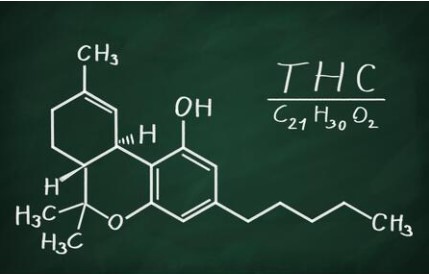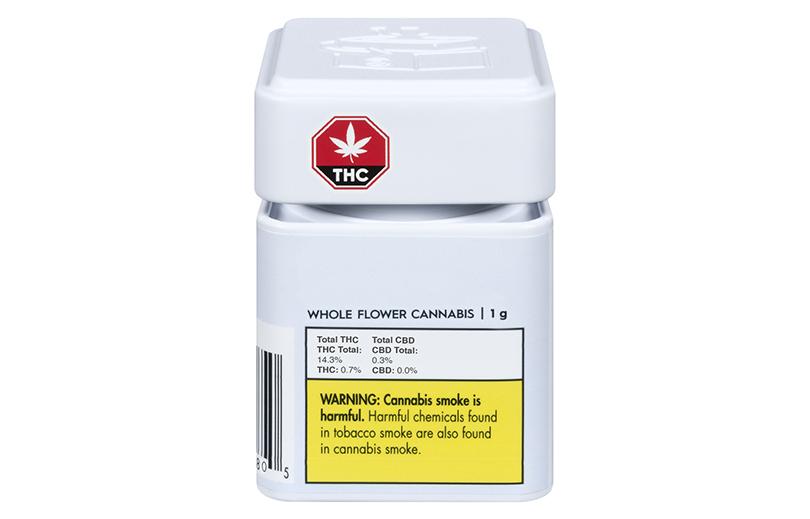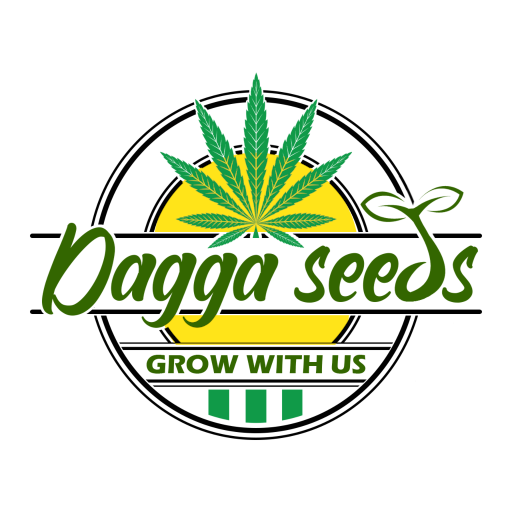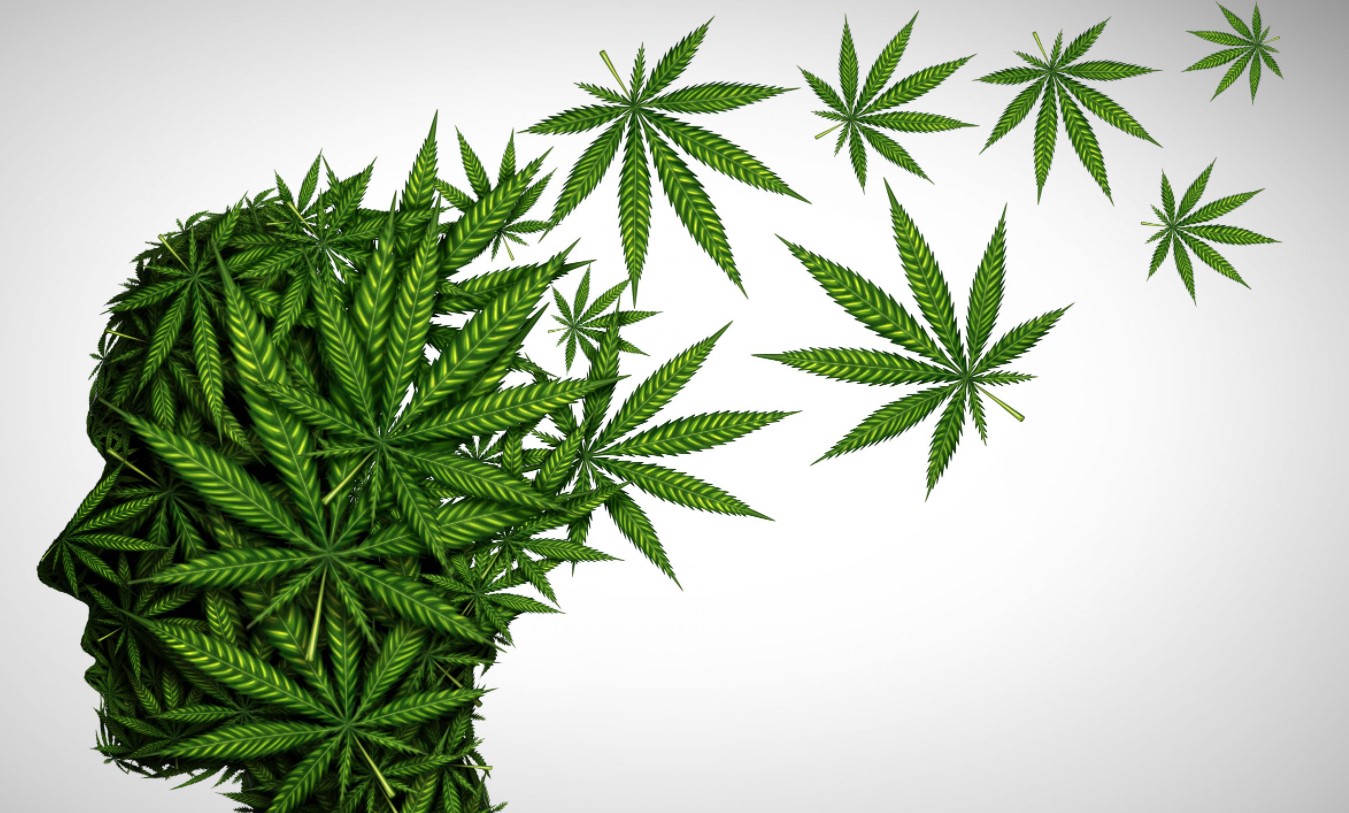Of the more than 100 cannabinoids in the cannabis plant, (THC) is responsible for the intoxicating effects of cannabis.
Live cannabis plants contain tetrahydrocannabinolic acid (THCA), the non-active version of this compound. When cannabis is decarboxylated through heating to a high temperature, drying or curing, the acid molecule (the “A” in THCA) drops off, and the THC is activated. This results in the effects we associate with consuming THC. It also means that cannabis in its fresh form is not yet active with THC.
How THC Works

THC interacts with the body’s endocannabinoid system (ECS). Studies suggest this system plays a role in regulating stress recovery, protecting our nervous system it is also thought to activate our immune system response and regulate our homeostatic balance. (our overall state of optimal health, function and stability).
Put simply, your ECS is made up of two things:
- Cannabinoid receptors, present in nearly every region of your central nervous system and brain, as well as many other areas of the body, including your immune system.
- Cannabinoids that you naturally produce (called endocannabinoids).
Your natural endocannabinoids fit into your ECS receptors like a key in a lock and help carry messages from cell to cell. THC works the same way, temporarily replacing your own endocannabinoids, but with different effects. These may include:
- The release of dopamine, resulting in feelings of relaxation.
- A physical response, such as reduced inflammation or an increase in hunger.
- Effects on various regions of the brain, including the hippocampus (memory), the frontal cortex (thinking and decision-making) and the cerebellum (physical movement and coordination).
THC Potency
Potency refers to the amount of THC in a cannabis product. THC content is expressed in milligrams per gram (mg/g) or as a percentage of milligrams per gram of cannabis. For example, if a product is labelled 15% THC and 150 mg/g, it has 150 milligrams of THC per gram of cannabis. It is impossible to have dried flower cannabis with 100% THC. But cannabis extracts (which have been distilled) can have up to 90% THC. As a natural product, the THC content in a dried flower cannabis product may vary from product to product and between lots of the same strain.
All information on THC content for cannabis products is provided by the federally licensed producers.
By law, THC content is indicated on the packaging of every cannabis product sold. Additionally, products with THC amounts over 17% and 20% are labelled as “strong” and “very strong,” . This is to to guide customers in product selection.

Choosing Products Based on THC Potency
The effects of THC will be different for everyone. When choosing a product, consider not only the THC potency potential. But also the consider the method and amount of consumption along with personal factors. Some factors may include your age, your sex, your health history and previous experience with cannabis. Consult with your physician if you have questions.
- Consuming small amounts of THC can produce effects such as relaxation, heightened happiness, arousal. It may also increase creativity, sociability and energy, and an increased appetite.
- Consuming large amounts of THC may produce overwhelming, unpleasant or harmful effects. Consider products with low THC potency and/or at least a 1:1 ratio of THC to CBD (cannabidiol) to help reduce the likelihood of unintended effects.
- Remember to consume it slowly and in small amounts. Even the same products can vary between lots of the same strain. Please check labels carefully to be sure of the actual THC content in the product you selected.


[…] such as asthma or bronchitis, but it is the inhalation of smoke that causes it, rather than the cannabinoids. One of the first studies comparing cannabis smoking to vaporization of cannabis indicated a […]
[…] the initial buzz onset, you will feel like you are floating on a cloud as the psychoactive effects rush over your entire body. It all starts with a rush of euphoria to the head that will help clear […]
[…] sprays are gaining quite a lot of popularity nowadays. They deliver the various unique benefits of cannabidiol and have the added advantage of absorbing relatively […]
[…] actually THCA, which is less active than THC. Heat is required to convert the THCA in the hash into THC, which is why weed is normally smoked or […]